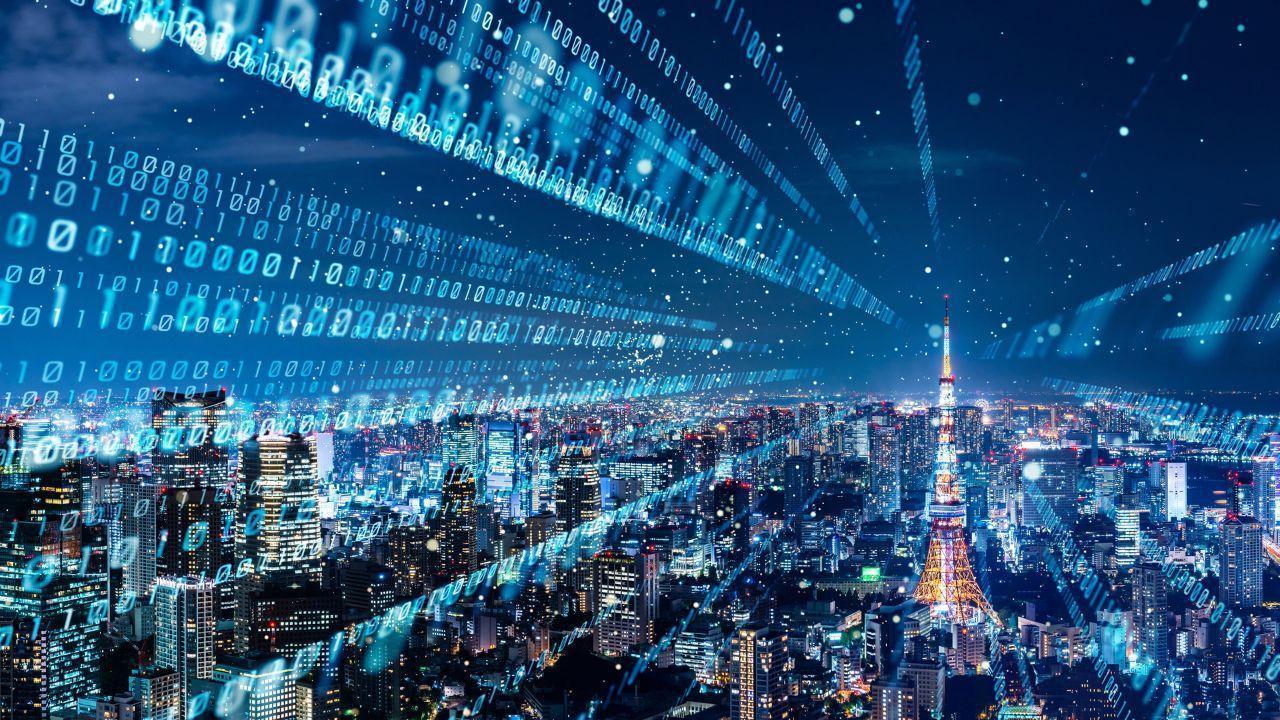
Post by : Vansh
In today’s fast-changing world, the concept of Smart Cities has moved from being an ambitious idea to a reality that is transforming the way people live, work, and interact with their surroundings. By blending technology, sustainability, and urban planning, these cities are redefining modern development and setting new standards for efficiency, safety, and quality of life. From intelligent traffic systems to energy-efficient buildings, Smart Cities are designed to meet the growing demands of urban populations while creating a balance between technology and nature.
The rise of Smart Cities is closely tied to the global trend of rapid urbanization. More than half of the world’s population already lives in cities, and this number is expected to rise sharply in the coming decades. Traditional urban models struggle with issues such as traffic congestion, pollution, waste management, and rising energy needs. To address these challenges, governments and innovators are turning toward Smart Cities as sustainable and future-ready solutions.
Smart technologies, including Internet of Things (IoT) devices, big data analytics, and artificial intelligence, allow cities to function more effectively. Whether it is monitoring air quality, reducing carbon footprints, or optimizing public transportation, Smart Cities integrate digital innovation into every aspect of daily life.
Digital innovation is at the core of Smart Cities, making them more responsive and efficient. One major development is the use of real-time data. For example, smart sensors installed across cities can track traffic flow, enabling intelligent traffic lights to adjust timing based on congestion levels. This reduces travel time, lowers fuel consumption, and cuts down harmful emissions.
Another area where innovation plays a critical role is energy management. Smart Cities often rely on renewable energy sources such as solar and wind power. Smart grids help balance energy supply and demand while reducing waste. In residential and commercial buildings, digital systems monitor electricity usage, encouraging citizens to adopt energy-saving habits.
Smart mobility is another vital component. Electric vehicles, autonomous transport, and shared mobility services are being integrated into city infrastructure. This reduces dependence on fossil fuels and offers eco-friendly alternatives for daily commuting.
One of the main goals of Smart Cities is to promote sustainability. As climate change continues to impact the planet, cities must reduce their environmental footprint. Green buildings equipped with smart technologies use natural lighting, automated cooling, and rainwater harvesting to minimize energy consumption. Urban planners are also including more green spaces, vertical gardens, and eco-parks within city limits, helping reduce pollution and improve overall health.
Waste management is also revolutionized in Smart Cities. Smart bins notify collection services when they are full, ensuring efficiency and reducing unnecessary trips. Recycling systems are automated, and waste-to-energy technologies are increasingly being adopted to turn garbage into usable resources.
Technology in Smart Cities is not just about infrastructure; it is also about people. Citizens play an active role in shaping their communities through digital platforms and apps. Governments and city authorities use online portals to receive feedback, address concerns, and involve residents in decision-making. This two-way communication ensures that cities remain inclusive and responsive to the needs of their people.
Mobile apps in Smart Cities also give residents access to real-time updates on public transportation, weather conditions, and emergency alerts. This empowers citizens with information, making urban living more convenient and secure.
The information presented in this article is intended for general awareness and educational purposes only. While every effort has been made to ensure accuracy, readers are encouraged to verify details independently before making decisions based on this content. The views and opinions expressed do not necessarily reflect those of MiddleEastBulletin news, and the network holds no responsibility for any reliance placed on the material provided.










Curry Powers Warriors to Nail-Biting 109-108 Victory Against Spurs
Stephen Curry's 49 points propel the Warriors to a dramatic 109-108 NBA Cup triumph over the Spurs,

India Advances to Semi-Finals After Thrashing USA in Women’s Blind T20 World Cup
India secured a dominant ten-wicket victory over the USA, advancing to the semi-finals in the Women’

South Africa's Early Advantage as India Struggles on Day Two
On Day Two, India reached 138-4 as South Africa took three early wickets, complicating matters with

Kenta Nishimoto Defeats Lakshya Sen in Japan Masters Semifinal
Lakshya Sen's journey in the Japan Masters ends after losing to Kenta Nishimoto 19-21, 21-14, 12-21

Kenta Nishimoto Defeats Lakshya Sen in Japan Masters Semifinals
Lakshya Sen's run at the Japan Masters concludes with a loss to Kenta Nishimoto in the semifinals, 1

Major IPL Trade: Jadeja Joins Royals as CSK Signs Samson
In a significant IPL trade, CSK has acquired Sanju Samson from Rajasthan Royals in exchange for Ravi